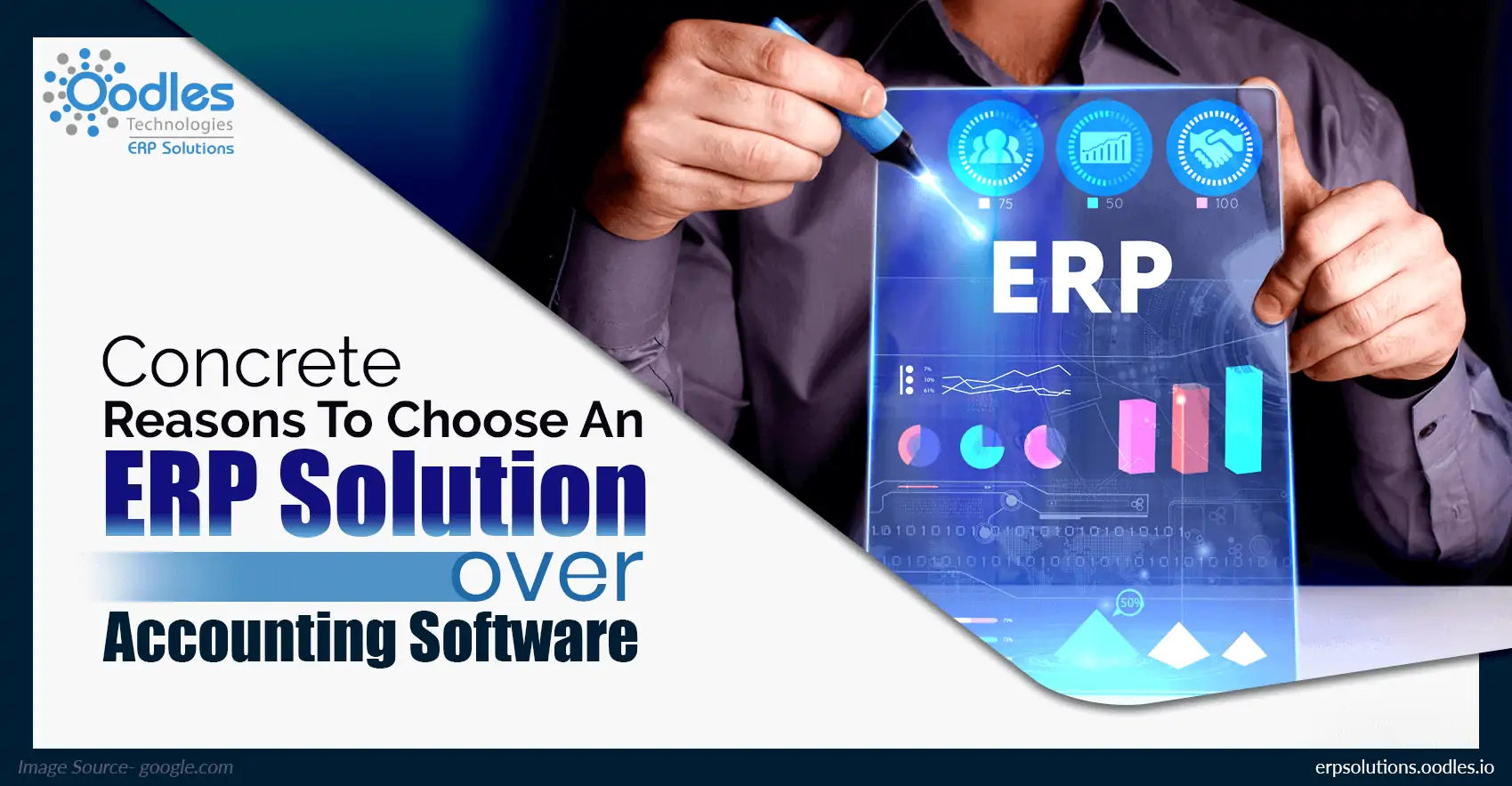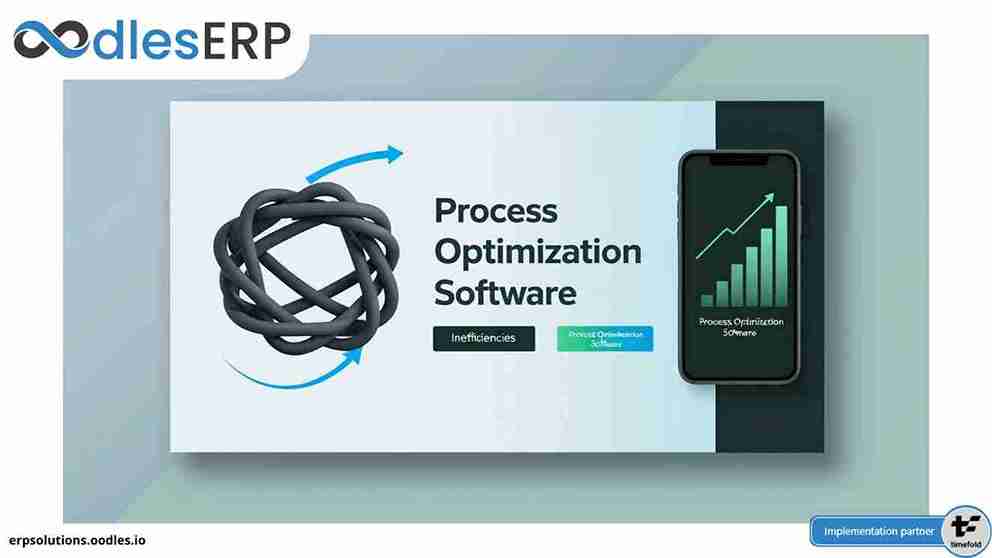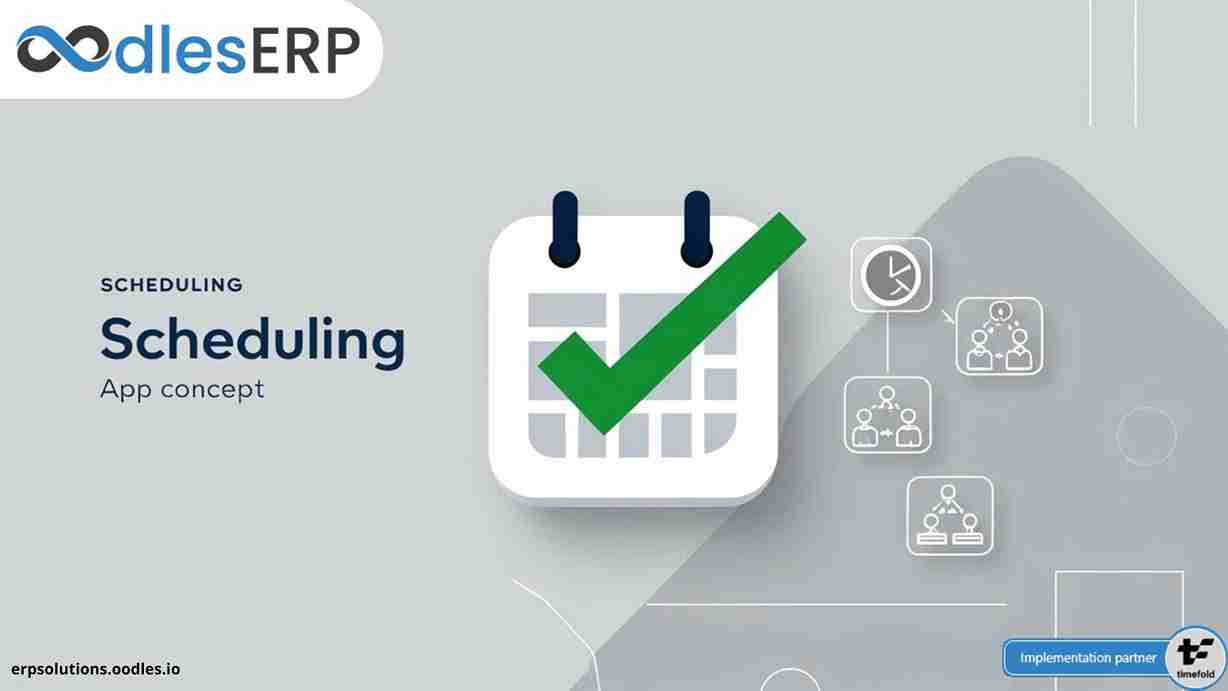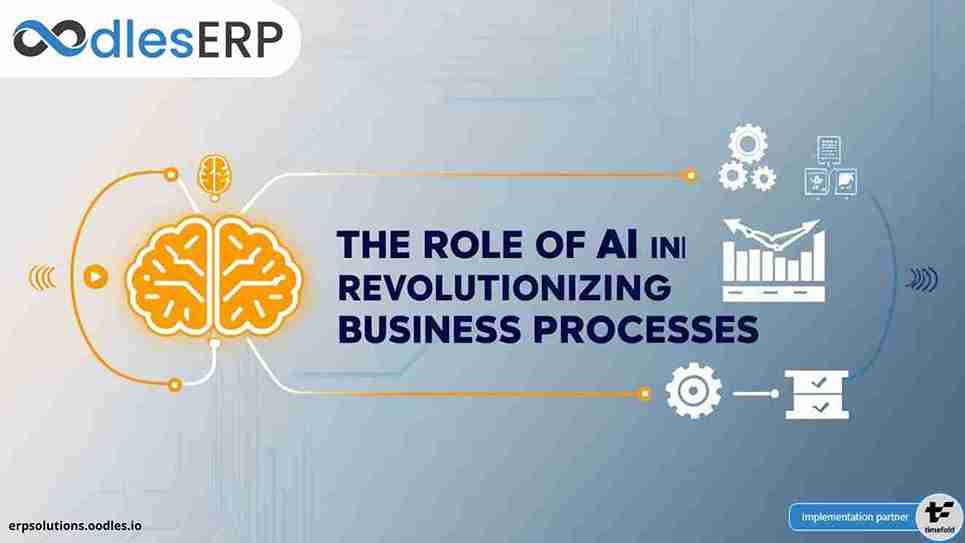Business management tools have evolved greatly over the years. From small-sized businesses to large companies may consider that it’s time to start adopting new working methods. However, deciding whether you should go for a complete ERP solution or a standalone accounting software can be confusing. This blog has described the differences between an ERP solution and an accounting system. And, it would help you to evaluate which is the best software solution for your business.
Differences
Accounting software simply manages accounting business functions. Whereas an ERP solution handles all areas of business processes including functional areas such as professional services automation, HR and payroll, Customer Relationship Management (CRM), accounting and finance, inventory and supply chain, project management, and more.
What To Choose: Accounting software or ERP solution:
Will you be able to manage different systems altogether?
Let’s say, you buy accounting software, and you are using another software for handling customers, vendors, leads, and partners (CRM software) another software to manage stocks and products, and another for supervising projects. If this way you want to go forward when it comes to management and maintenance of business functions, then think carefully that you will have to manage separate point solutions for it. The problem with these multiple systems is that it can become difficult to manage all of these at once. Customization of these systems, integration with other systems, and their upgradation can become a headache. Also, it can be costly too. Even if you integrate these disparate systems with some, you will still need to manage multiple software at a time.
An ERP solution provides a system that integrates all these systems into one. And you need to manage only one system here. All the separate point solutions and accounting software can be managed by combining all these functions into a unified software. Now, you only need to deal with one system. All the Information at one place and access to data becomes easier for your employees. It also reduces the duplicated effort.

For Business Growth
Every business starts with an aim to achieve growth in the future. If you have the same aim, then adopting ERP software would be the right choice.
While several accounting products have proved to be useful for small and medium-sized firms, they may face challenges in dealing with high-volume companies and big enterprises. In case if you select accounting software now and with time you achieve growth, this may outgrow the system’s capabilities in the long run. Now, there will be a need for upgrading to an ERP solution with more rich features at a later date.
The majority of ERP systems are scalable. They are normally modular in design, so your company can continue to build on your system as your company achieves growth and your requirements change.
Gives Greater Visibility to every department in the company
If each department in your company is handling one separate system developed to complete their specific tasks, then it means they have access to only data that is stored within their particular business systems. So financial data can be viewed by the people only who manage the accounting systems. The employees of other departments may need to see certain data which is present in an accounting system. For example, a staff of the sales team has to gain visibility into customer records about how much they paid for their last order. However, in these situations, they will need to enquire about this from any account person to get complete info.
With an ERP solution, all information resides at one location so that if anyone who wants to access certain data can see it without interrupting other department members. It does not mean that anyone can have access to everything. ERP systems can be designed with restrictions such as “each staff can only access the information which they need, to complete their job roles.









